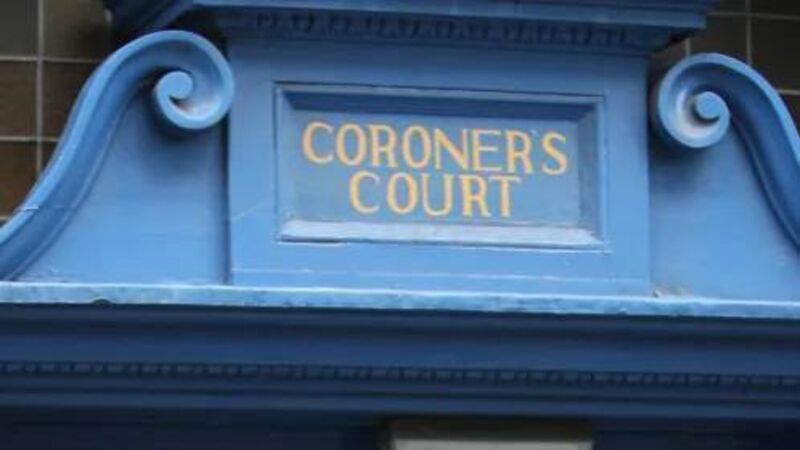Ann Murphy: Coroner system overdue much-needed reforms

A report called 'Out in the Cold' published by the Irish Council for Civil Liberties in 2021 made 52 recommendations for ‘root and branch’ reform of the coronial process. File photo
When the Oireachtas Justice Committee publishes recommendations next month on how the coroners system in Ireland should be reformed, it will not be the first time calls for reform have been made.
But it is hoped that the report will carry political weight given that the membership of the committee is made up of politicians from all sides of the Oireachtas, thus putting pressure on for its recommendations to be followed up. It is not the first time that the spotlight has been shone on the inquest system in Ireland, with a report called 'Out in the Cold' being published by the Irish Council for Civil Liberties in 2021.
















